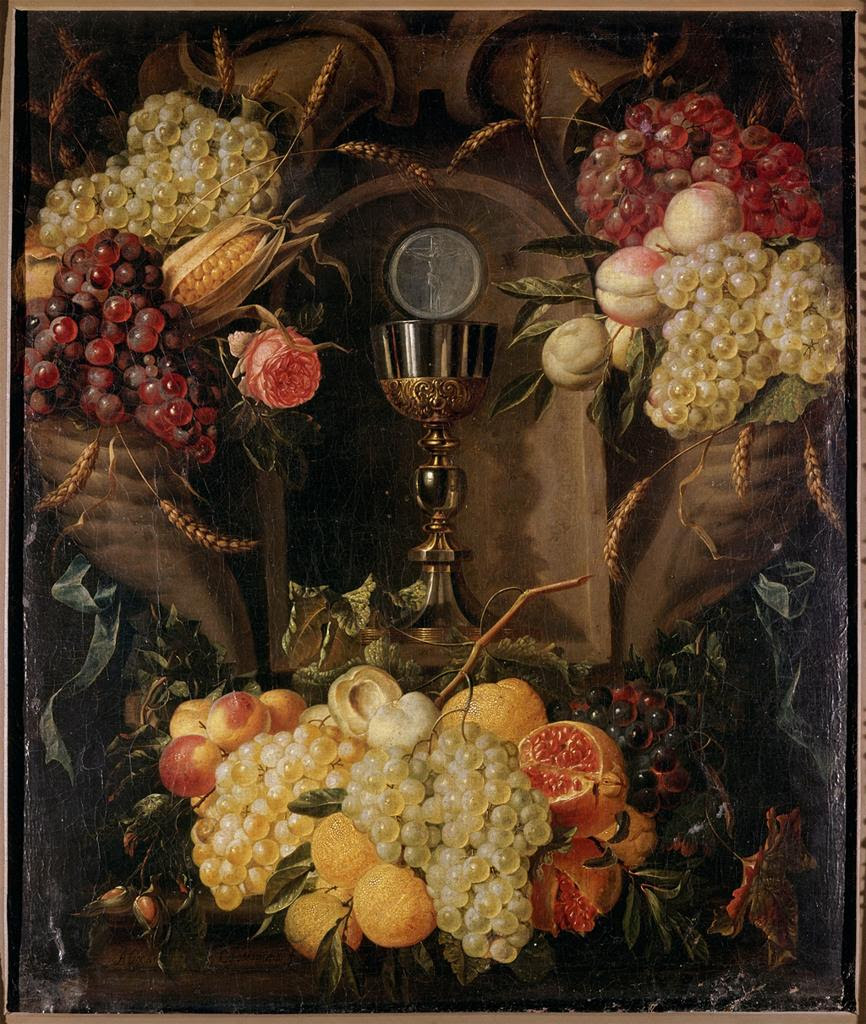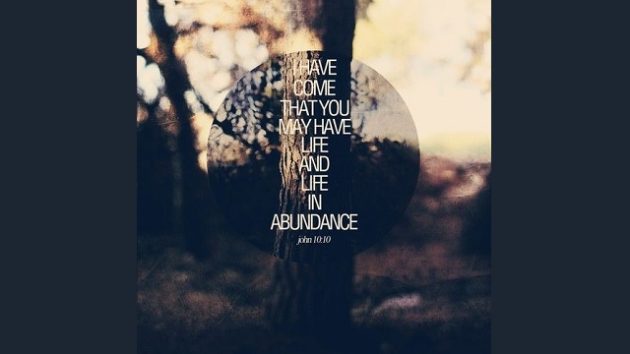On Abundance

Allegory of the Eucharist by Alexander Coosemans, c. 1680 Musée de Tessé, Le Mans
The dominant contemporary “feeling” is that we live in a parsimonious world. Nature is running out of gas. Natural resources are scandalously being “used up,” never to be replaced. Besides, too many people exist on the planet, consuming everything in sight. Species of birds and bugs die out. “Consumerism” knows no bounds to desires. The great enemy of mankind is man himself. He is out of control. Survival prospects for even a small number of gaunt human being are grim. We must act now, decisively, before it is too late.
This doomsday scenario is found in schools, media, governments, churches, and businesses. In the minds of its advocates, its validity is stronger than any faith. To question its tenets approaches blasphemy. Mother Earth is finally unveiled as a cruel goddess. Many find meaning in this collective panic over presumed decreasing resources. It provides an urgent mission. We can now venture forth in a mighty cause to save the world from itself. Evil is now defined not by sins, but by our greedy use of spare resources. Governments are empowered with the welcome task of controlling man by drastically limiting the goods needed for his long-term survival down the planetary ages.
Is there an alternative vision? Why doesn’t the evidence incline us to look at the world’s extraordinary abundance? How is it possible that already so much was available to us for so long? The word “abundance” means overflow, plenty. It comes from the Latin word for wave (unda). When a wave crashes over itself, the sea is filled, full, surging with overflowing waters. The more puzzling thing about the world is not that it contains too little for its purposes, but, astonishingly, way too much, as if it had another purpose in mind.
The initial question is not: “How many resources do we have?” But, “Do we have sufficient and more than sufficient resources for the purpose of our existence on this earth?”
Calculations about what might be needed and what is given have little direct relation to the reason why man exists on this planet. No reason can be found to think that, when man ends his stay on this planet, resources to support him will have run out at the same time
Click here to read the rest of Father Schall’s column . . .
![]()
About James V. Schall, S.J.
James V. Schall, S.J., who served as a professor at Georgetown University for thirty-five years, is one of the most prolific Catholic writers in America. Among his recent books are The Mind That Is Catholic, The Modern Age, Political Philosophy and Revelation: A Catholic Reading, Reasonable Pleasures, and, new from St. Augustine’s Press, Docilitas: On Teaching and Being Taught.



Leave a Reply
Want to join the discussion?Feel free to contribute!